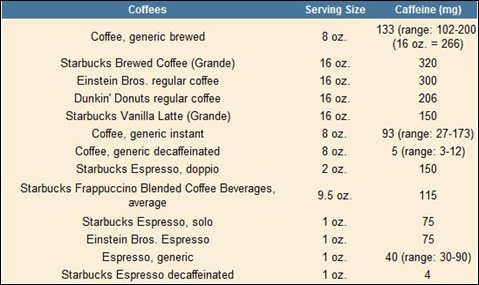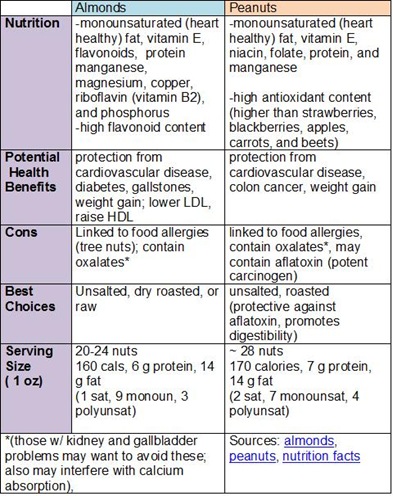*After I wrote this post, a huge earthquake hit Haiti, taking many lives and devastating the country where a reported 80% of the population lives below the poverty line.

Please consider helping…
---------------------------------------------------------
Day 1 of my oncology rotation began at 7:30 am Tuesday morning. Naturally, some caffeine was necessary.
How many of you start your day with a cup of coffee {or tea}? Personal faves include Trader Joe’s Gingerbread coffee and a Traverse City Cherry brew at my fave place in Michigan. And in the winter, I’m a big tea fan, too.

Kath asked about caffeine intake recommendations, so I thought I’d do a little research on the topic.
Caffeine…
- may help improve performance when sleep is lacking BUT
- can interfere with sleep
- takes about 3-4 hours to be completely eliminated by the body
- can lead to disturbed sleeping patterns, anxiety and nervousness, upset stomach, headaches and difficulty concentrating
- recommendations (University of IL, University of Washington School of Medicine): < 250-300 mg or ~ 3 cups of coffee
:: caffeine comparison* ::

*Center for Science in the Public Interest, 2007
Bottom line: caffeine is ok to consume in moderation, but it shouldn’t be a substitute for getting adequate sleep, since we know important processes occur while you're getting your beauty rest. You should also ensure that you’re staying adequately hydrated and not substituting caffeinated beverages for water.
Caffeine dependency is controversial. The amount of caffeine to cause withdrawal symptoms (headache, fatigue, irritability, etc) differs depending on a person’s size and metabolism. I think it’s fair to say that even the recommended amount of caffeine may lead to symptoms of withdrawal in some people.
This is a good prelude for an upcoming post featuring an organization that buys coffee through a 40 family cooperative in Honduras. If you’re confused about fair trade, shade grown, etc., you won’t want to miss this post!
Off to save lives through nutrition. :-)



